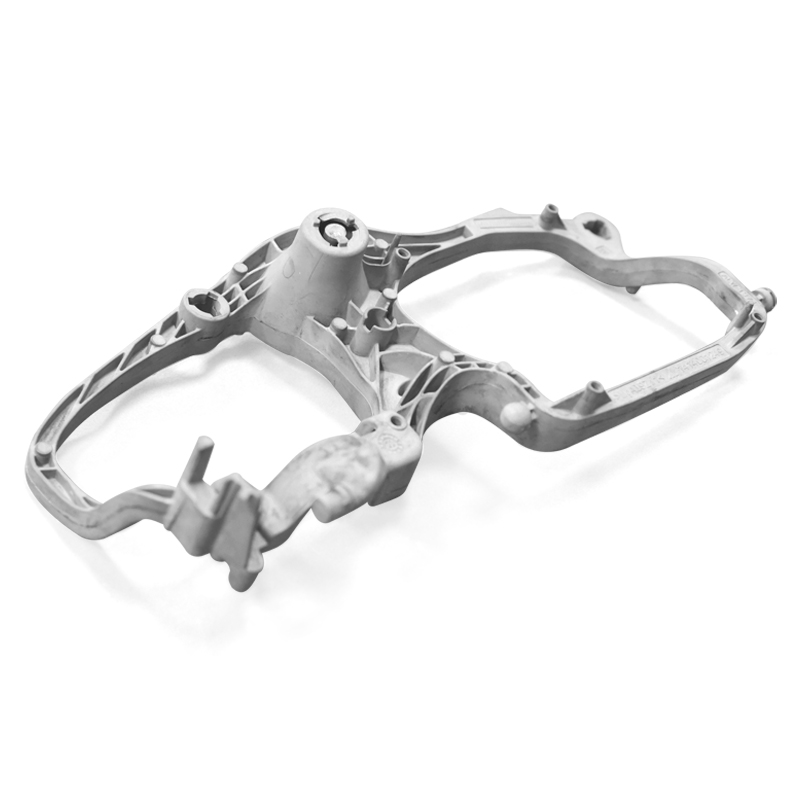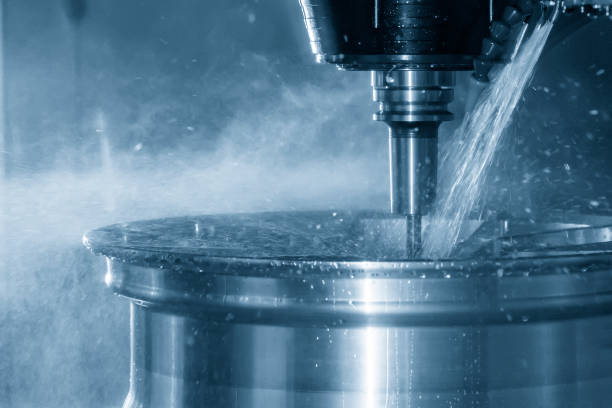Introduction
Aluminum casting is a widely used manufacturing process that involves pouring molten aluminum into a mold to create various parts and components. This guide aims to provide an overview of the aluminum casting process, its applications, and the benefits it offers.
1. The Aluminum Casting Process
The aluminum casting process begins with the melting of aluminum alloys in a furnace. The molten aluminum is then poured into a pre-made mold, which can be made of various materials such as steel or sand. The mold is designed to have the desired shape of the final part. Once the molten aluminum cools and solidifies, the mold is removed, leaving behind the finished aluminum casting.
2. Types of Aluminum Casting
There are several types of aluminum casting methods used in the industry, including sand casting, die casting, and investment casting.
– Sand Casting: This is the most common method used for aluminum casting. It involves creating a mold by compacting sand around a pattern of the desired shape. The molten aluminum is then poured into the mold, filling the voids created by the pattern.
– Die Casting: Die casting is a highly precise method that utilizes a reusable metal mold, called a die. The molten aluminum is forced into the die under high pressure, resulting in parts with excellent dimensional accuracy.
– Investment Casting: This method is often used for complex and intricate parts. It involves creating a wax pattern of the desired part, which is then coated with a ceramic shell. The shell is heated to remove the wax, leaving behind a cavity. Molten aluminum is then poured into the cavity, filling it and creating the final part.
3. Applications of Aluminum Casting Parts
Aluminum casting parts are widely used in various industries due to their lightweight, high strength, and excellent corrosion resistance. Some common applications include:
– Automotive Industry: Aluminum casting parts are used in the manufacturing of engine blocks, transmission housings, cylinder heads, and other components. Their lightweight nature helps improve fuel efficiency while maintaining structural integrity.
– Aerospace Industry: Aluminum casting parts are extensively used in the aerospace industry for aircraft components, including wing structures, landing gear, and engine components. The high strength-to-weight ratio of aluminum makes it an ideal choice for these applications.
– Electrical Industry: Aluminum casting parts are used in the production of electrical enclosures, heat sinks, and electrical connectors. The excellent thermal conductivity of aluminum helps dissipate heat efficiently, ensuring optimal performance and prolonging the lifespan of electrical components.
– Construction Industry: Aluminum casting parts find applications in the construction industry for various structural components, such as window frames, door frames, and support brackets. The corrosion resistance of aluminum makes it suitable for both indoor and outdoor applications.
4. Benefits of Aluminum Casting
Aluminum casting offers numerous benefits, making it a preferred choice for many manufacturers. Some key advantages include:
– Lightweight: Aluminum is significantly lighter than other metals, making it ideal for applications where weight reduction is crucial, such as automotive and aerospace industries.
– High Strength: Despite its lightweight nature, aluminum casting parts offer excellent strength and durability, ensuring long-lasting performance.

– Corrosion Resistance: Aluminum has a natural oxide layer that provides exceptional corrosion resistance, making it suitable for various harsh environments.
– Cost-Effective: Aluminum casting is a cost-effective manufacturing process, as it requires less energy and has lower tooling costs compared to other methods.
Conclusion
Aluminum casting parts play a vital role in various industries, offering lightweight, high-strength, and corrosion-resistant solutions. The aluminum casting process, including sand casting, die casting, and investment casting, provides manufacturers with flexibility and precision to create complex parts. With its wide range of applications and numerous benefits, aluminum casting continues to be a popular choice in the manufacturing world.
-

- Magnesium alloy die-casting Auto parts Side step Running board
-

- Magnesium thixomolding parts UAV housing
-

- Wholesale Magnesium Alloy Baby Cycle For 3 To 5 Years Old 12 Inch Kids Cycle OEM Cheap
-

- Magnesium alloy die-casting Auto parts RDM housing
-

- Magnesium Aluminum Alloy Children Bike 3-8 Years Old Cheap Hot Sale 14 Inch Children Bicycle FOREVER Wholesale 2022
-

- Magnesium alloy die-casting wheel for ebike

 0086-750-5616188
0086-750-5616188 +86 13392089688
+86 13392089688 sales@zhongmei-tech.com
sales@zhongmei-tech.com







